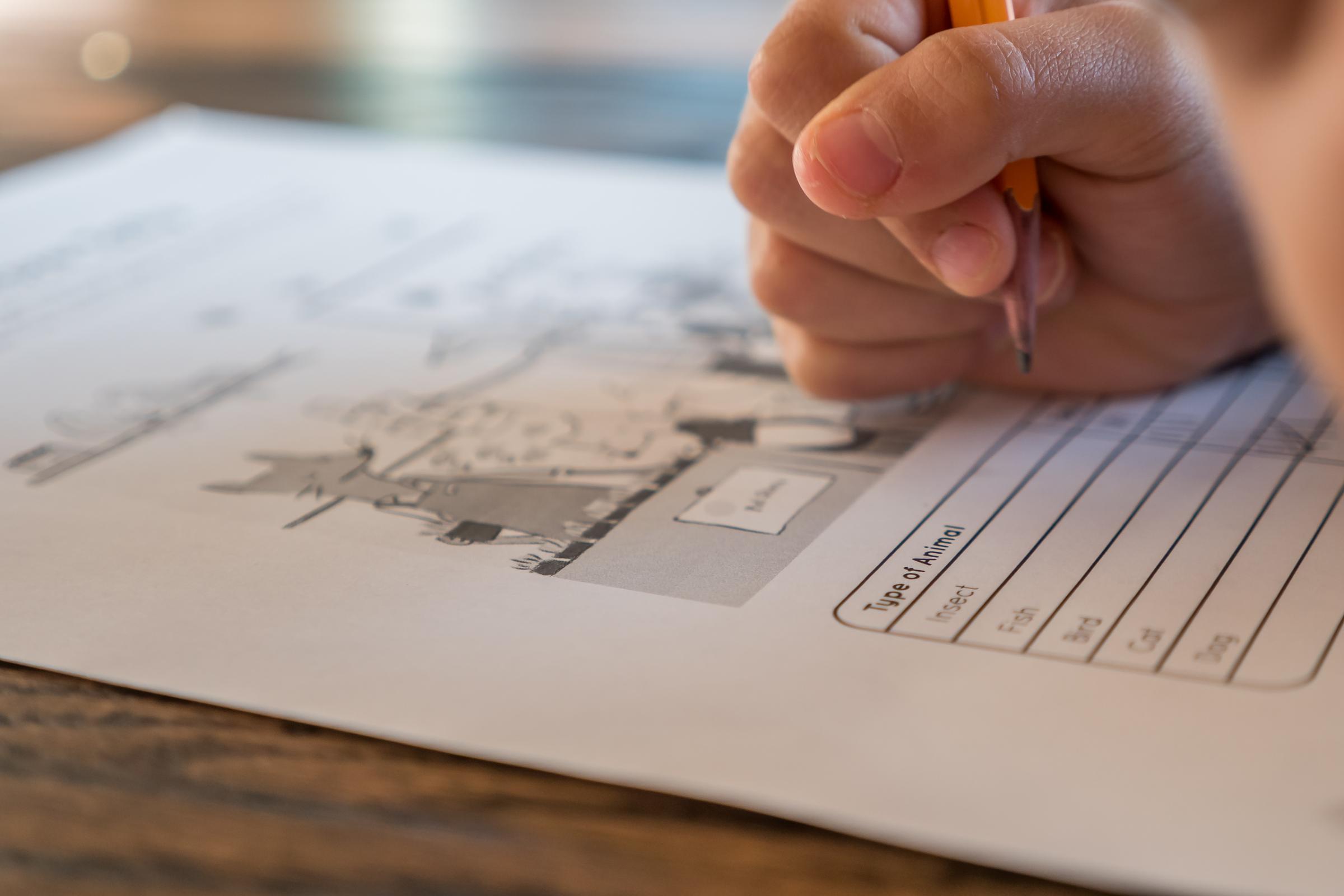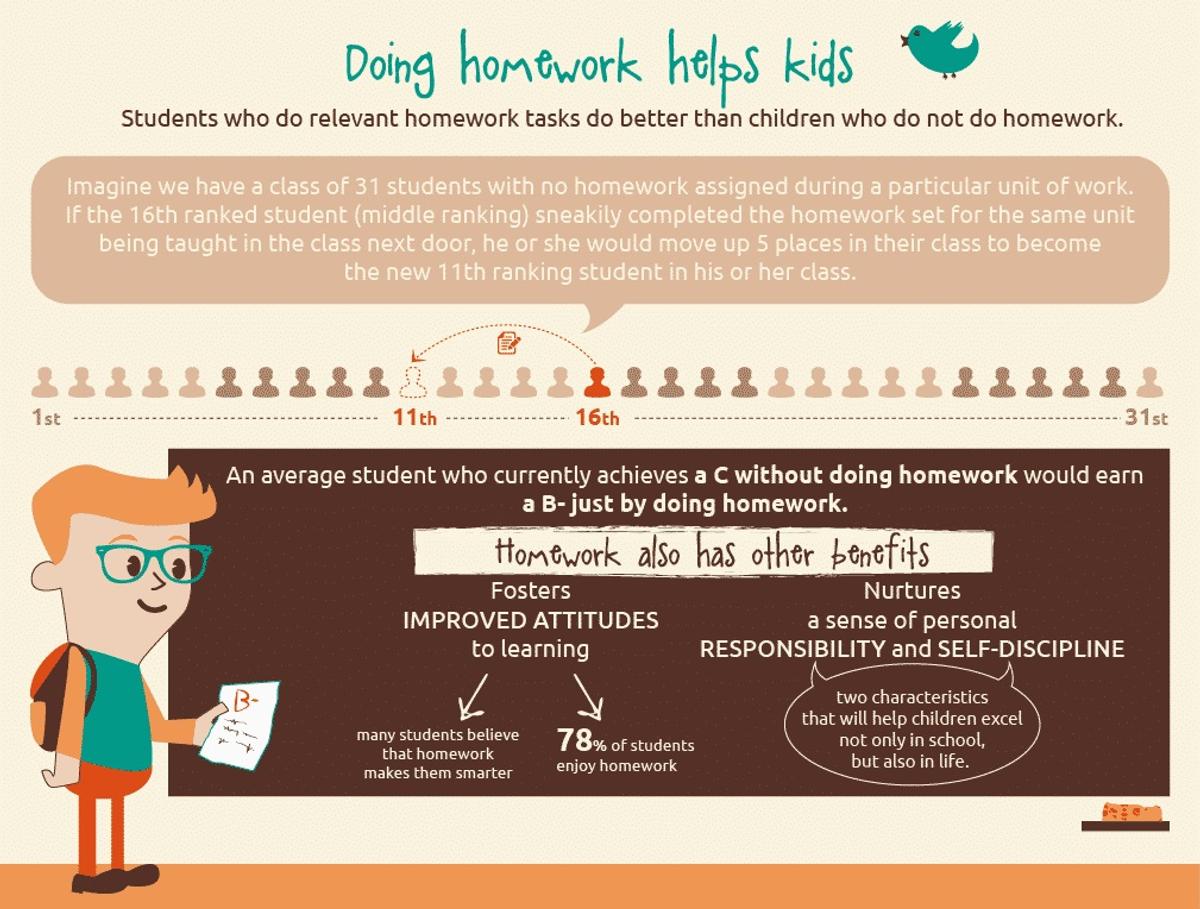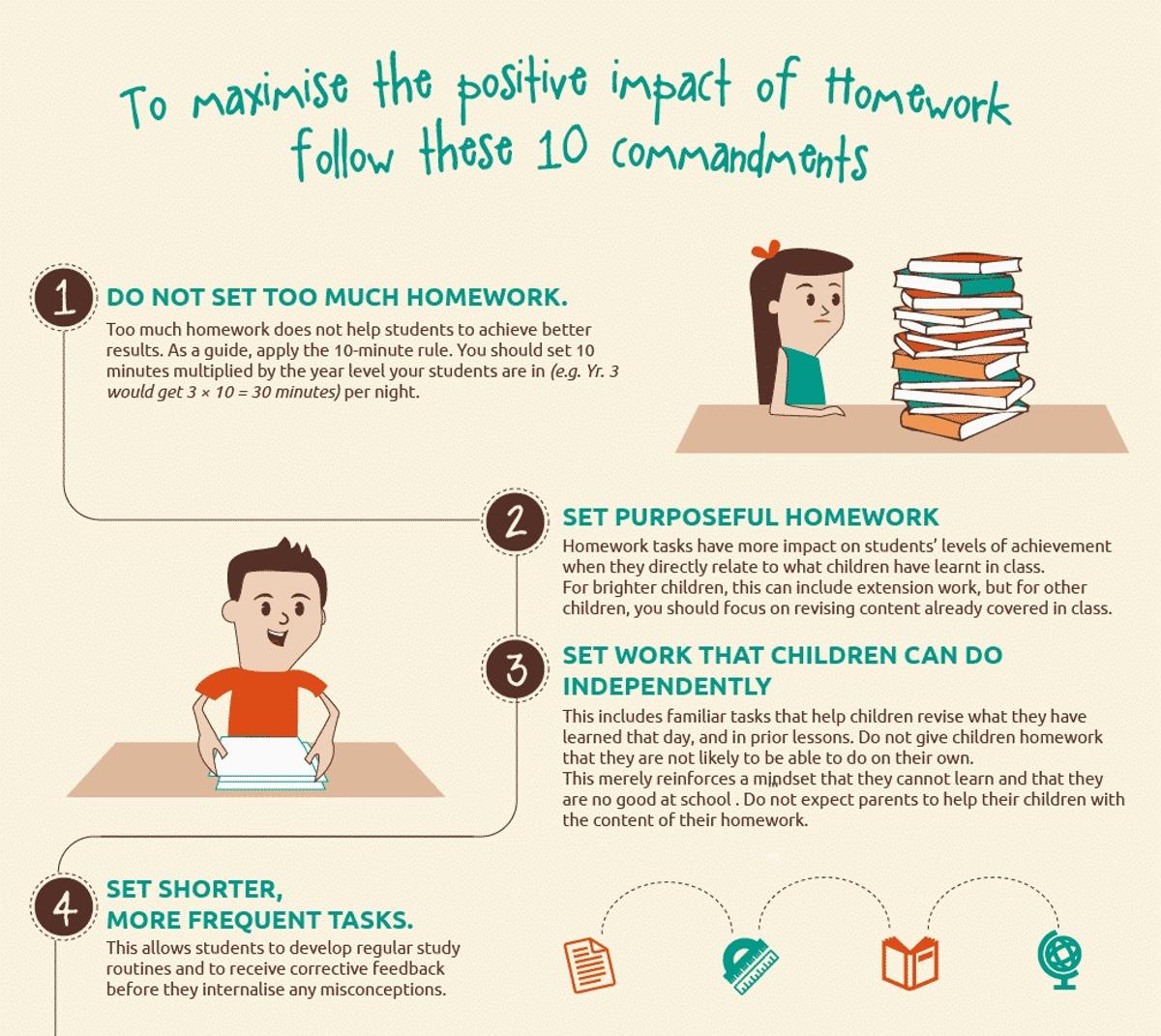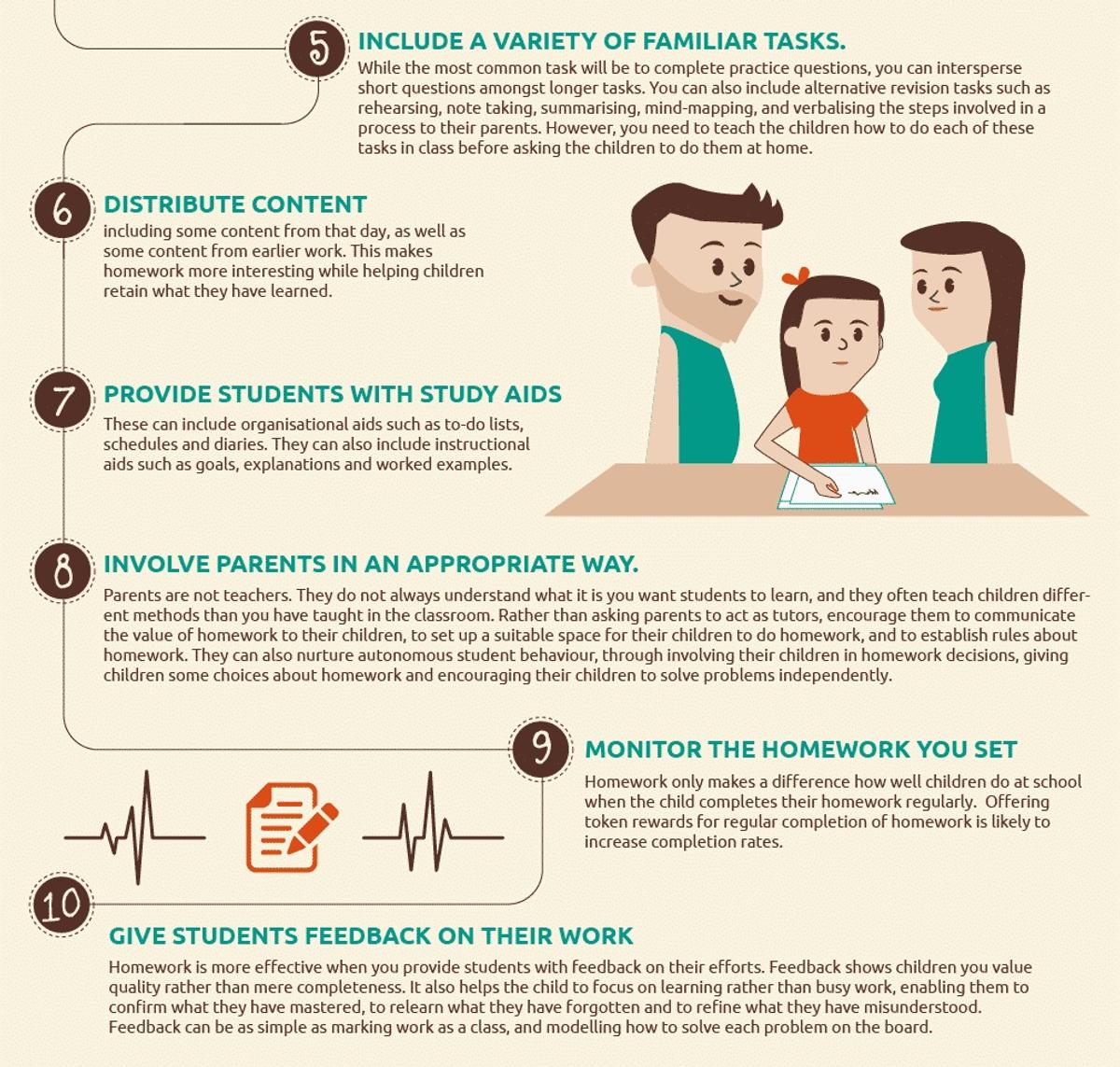Homework

A lot has been said about the benefits and pitfalls of homework. It can be of substantial benefit to student learning, but it can also get in the way of other important pursuits. Family time can be negatively impacted and in the end, it can become counterproductive if not managed well. So, here is a bit of an outline of our approach to homework and what parents and students can expect.
Every student and family is different, so we can't and don't have a blanket approach or rule that applies without flexibility. We want to work with parents to find solutions that work best for each student and their family. We ask that parents be willing to work with us to find a good solution too.
There are really two types of homework that our students will be asked to complete.
1. Unfinished Classwork. This first type of homework relates to their individualised work or PACEs. Each day, students are asked to set goals for what they will achieve that day. Teachers have oversight of the goal-setting process and will get involved if the student is setting too much or too little work for themselves to do. Any of this work that isn't finished at school needs to be completed at home that same night. This is essentially unfinished classwork rather than additional work done on top of their classwork.
Primary students should be completing their goals/classwork at school more often than not and therefore should not have this sort of homework all the time. If they do, teachers and parents should discuss a solution that may include reducing the amount of work expected of the student. Remembering though that if a student fails to complete the required amount of work on a regular basis, they will likely fall behind the accepted level for their age. Since every child is a unique individual though, this may not necessarily be a problem. It's best for parents and teachers and perhaps the student to have a discussion and find the best solution.
Secondary students are likely to have PACE homework a little more often than the primaries, especially as they move into the upper secondary year levels. It should not be every night of the week though. Sometimes students can get into a bit of a rut and failing to complete their work at school almost becomes part of their routine. If your child has fallen into such a rut it is worth discussing with teachers how we can get them out of it.
2. Assigned Homework. Teachers will also assign homework to students over and above what is expected of them during class time. This type of homework will be very rare at the primary school level apart from perhaps a small amount of reading or flashcard type work. At secondary level, students will have research to do for assignments, readings to complete in preparation for classes, as well as some projects to put together. When this type of homework is assigned, it is generally set to be completed over the course of several days or even weeks. Students need to organise themselves and plan for how and when this work will be done around all of their other responsibilities and activities outside of school making sure not to leave until the last moment.
Technology
Secondary students are permitted to take their iPad or laptop home if it is needed in order to complete their homework. We understand it can be difficult for parents to monitor the use of these devices and to know whether they really are necessary for the homework or if they are being used for other purposes. We encourage you to speak with your child about how they are using their device. Feel free to contact your child's teacher if you have concerns. For the most part, students should not need the device for their unfinished classwork (PACEs). They don't automatically need it for assigned homework either. We strongly encourage students to only take the device home if it is genuinely necessary.
How Can Parents Help?
Generally, student homework should not require a lot of involvement from parents. The exception may be if young students are asked to read to their parents or do some flashcard work with their parents. If you do help your child with their homework, please refrain from giving your child the answers and making it so they don't have to think for themselves. Try not to be constantly looking over their shoulder and prompting them. If you do, you may reduce your child's ability to work independently and your child may end up doing less at school since they know someone at home will make it very (too) easy for them to complete that night. Feel free to help when help is genuinely required, but try to find a balanced approach.
Perhaps the best way parents can assist, particularly with the unfinished classwork (PACEs), is to make sure the work is completed to a high standard. We know students have other things to do in the evenings and they just want to get their homework done as soon as possible. This may lead them to scribbling in answers that are either really messy or just plain wrong (or both) just in order to make it look like the homework is completed. The next day, students are required to score and correct that work. If they have done a poor job of their homework, they will spend much more of their classwork time the next day correcting that homework. That in turn makes it harder to complete their assigned classwork for that day and they are likely to have more homework that night. Thus starts a terrible homework cycle. Encouraging students to take the time necessary to do the work well and then checking their work for obvious errors may be one of the most important ways you can help.
What if my child doesn't complete their homework?
We understand that family life can be very busy. Sometimes it is just not possible to get the homework done. Music lessons, sports training, family events and more can leave little or no time for homework. Where a student has failed to complete their homework because of such things or similar, we ask parents to write a quick note in the student's diary to let the learning centre teacher know. When students don't have a note from parents or an acceptable reason for unfinished homework, they may be asked to spend some of their lunchtime trying to catch up some of the work. Repeated failures to complete homework may result in a detention.
Remember, in all of this, we want to work with parents to find a solution that works best for their child and their family. We recognise that there are other pursuits and activities outside of school that are of great importance, not to mention the value of rest and creative play. We want to find the right balance. Please be sure to speak with your child's teacher if you have any concerns.
The graphics below come from this website. The website and the graphics provide some useful information around homework. We don't completely endorse all it says and we may have expressed some things a little differently, but it is still a useful read.






